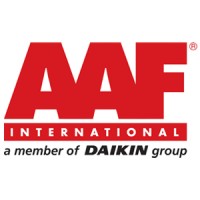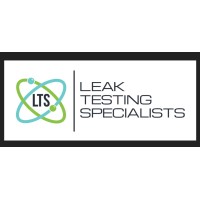
AAF Air Filters
AAF International, the world’s largest manufacturer of air filtration solutions, operates production, warehousing and distribution facilities in 22 countries across four continents. With its global headquarters in Louisville, Kentucky, AAF International is committed to protecting people, processes and systems through the development and manufacturing of the highest quality air filters, filtration equipment and containment housings available today






